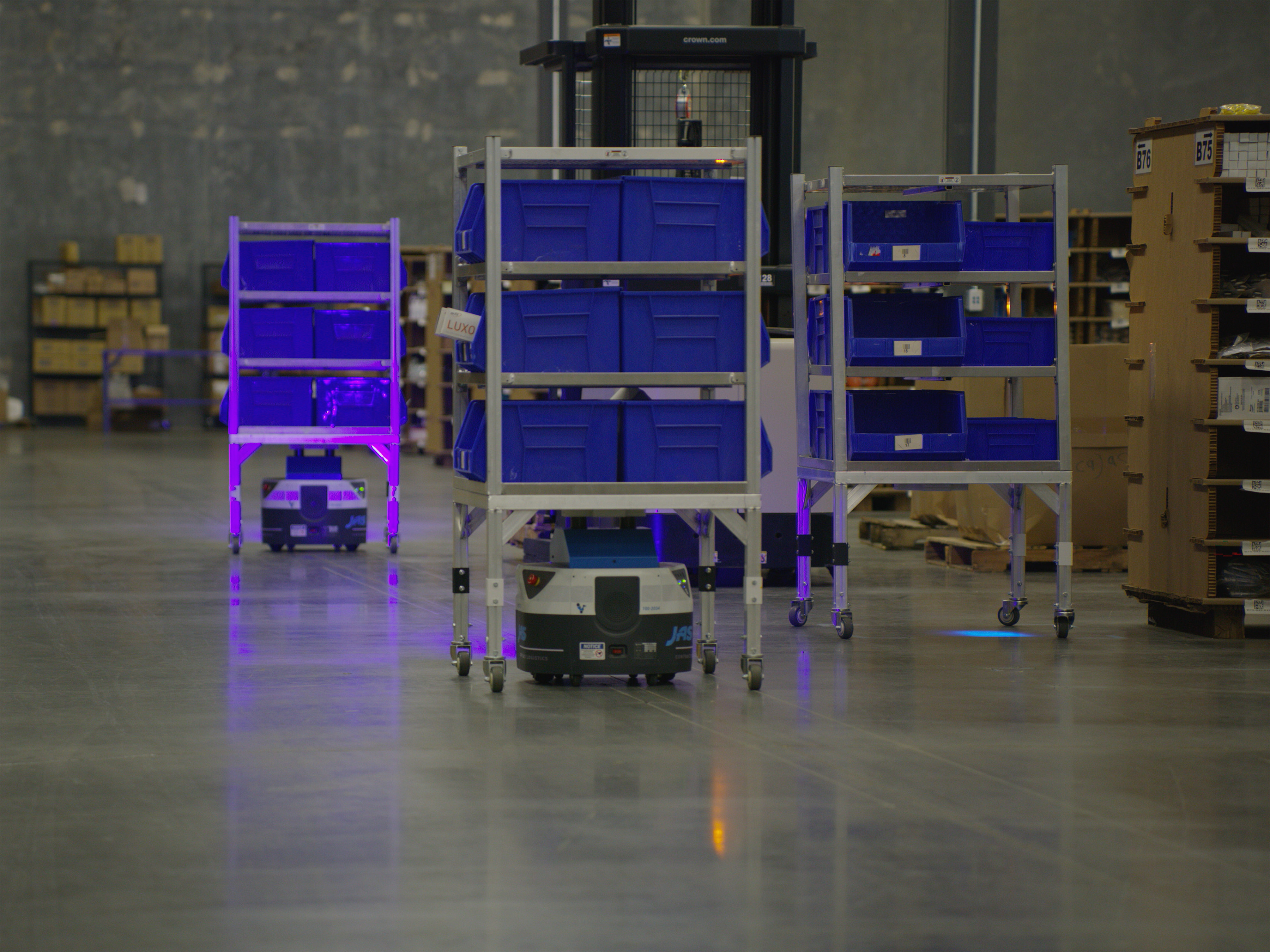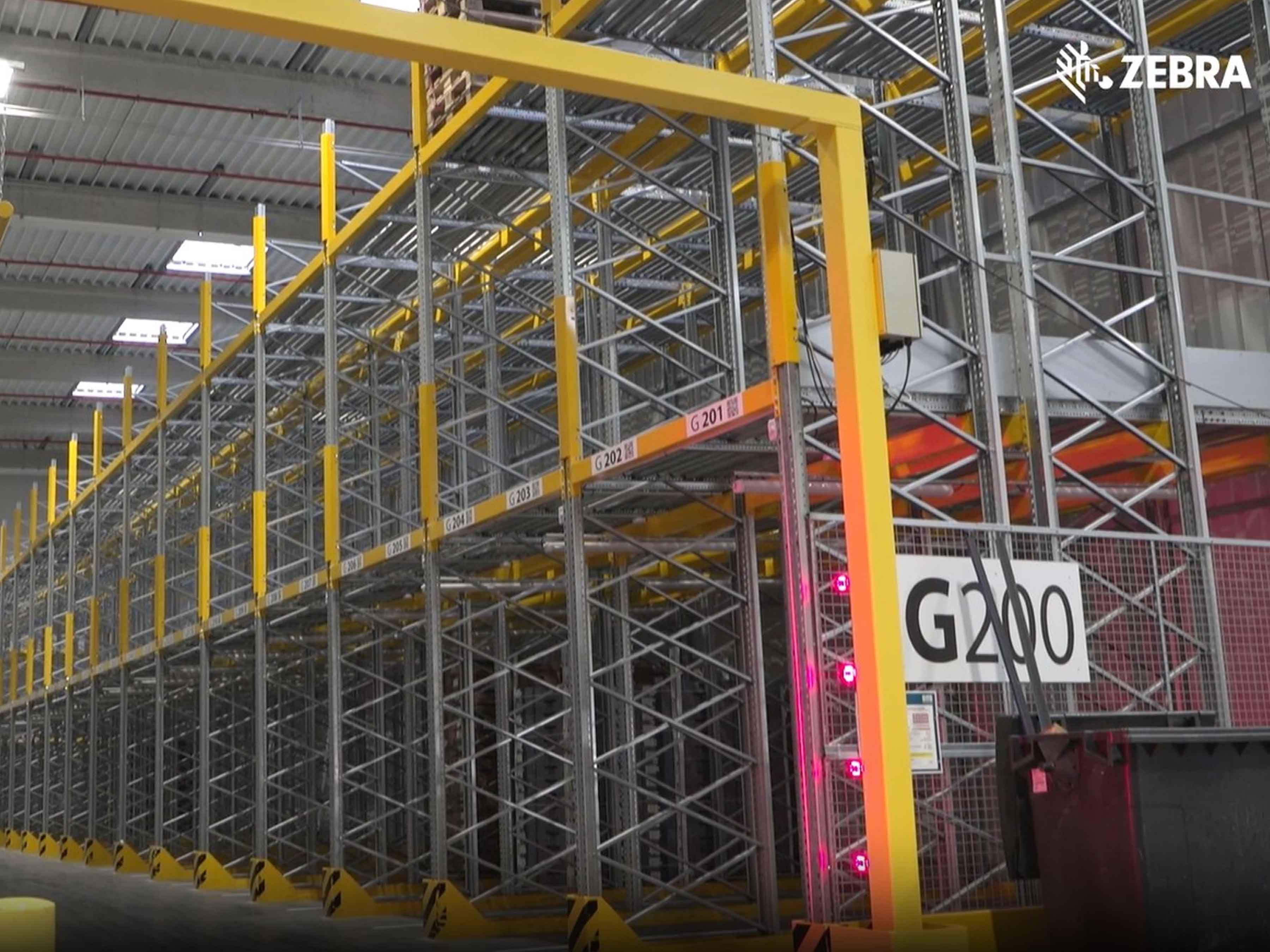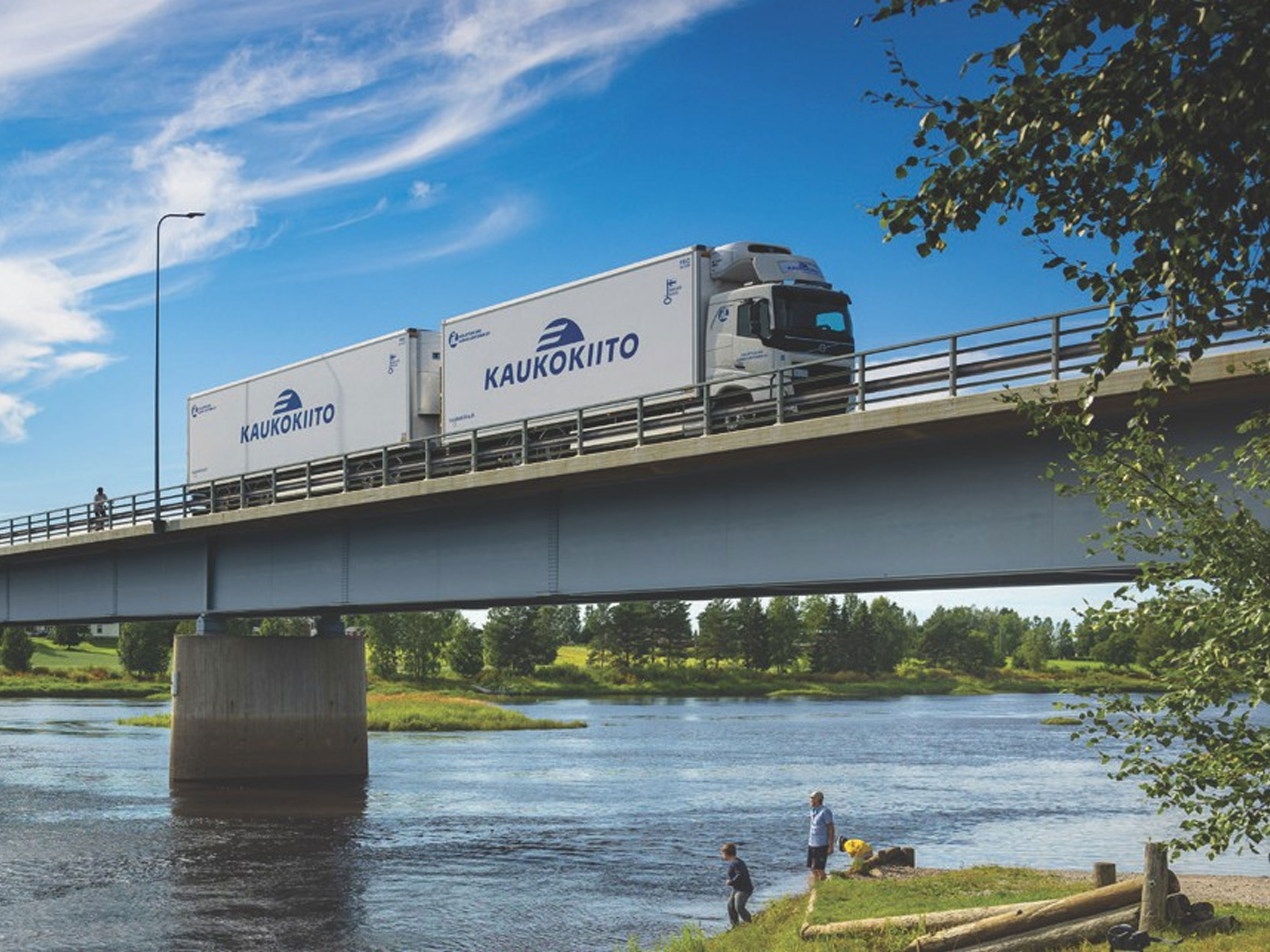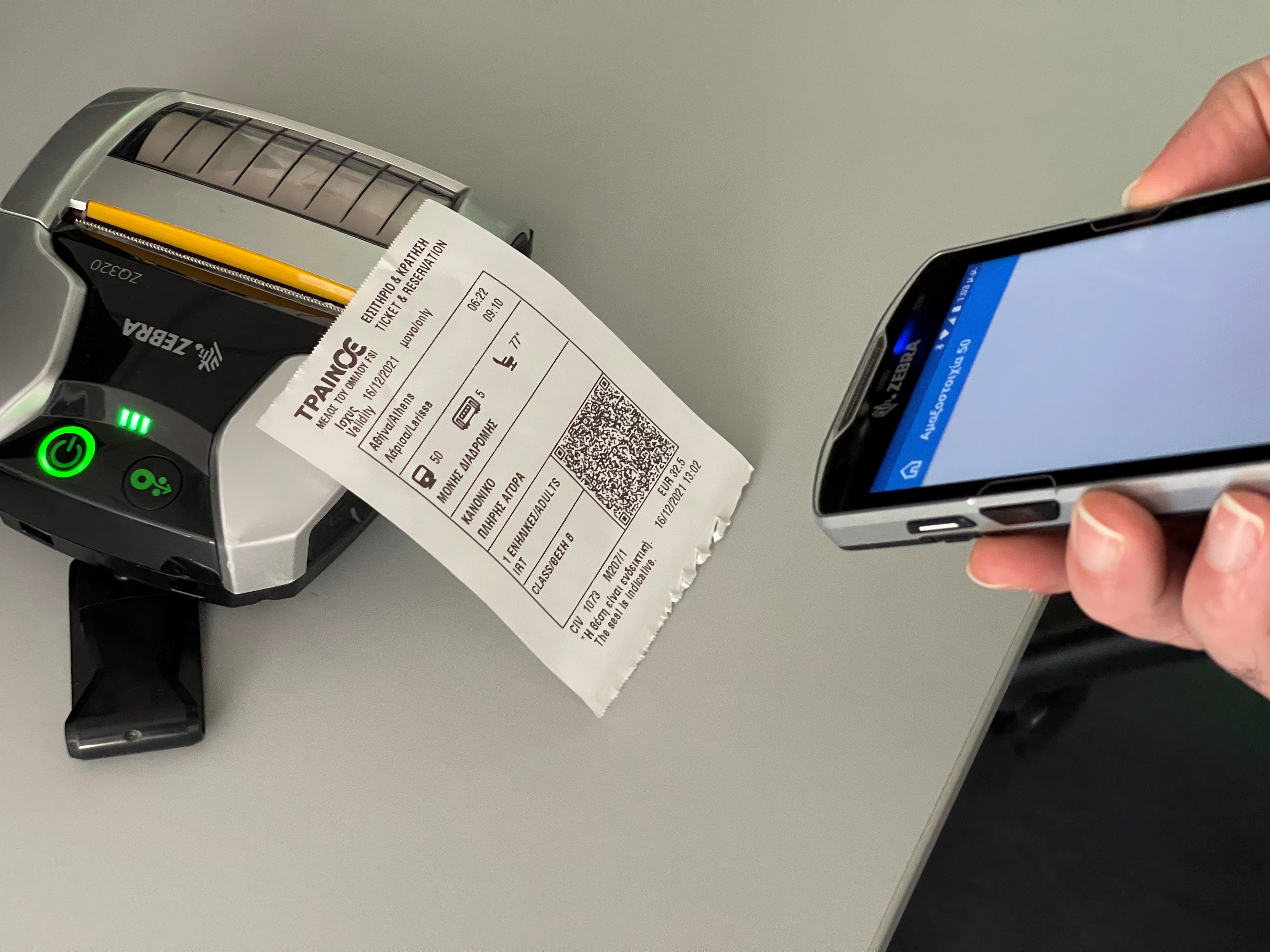Transform retail operations with Zebra’s retail technology solutions, featuring hardware and software for improving inventory management and empowering teams.
Streamline operations with Zebra’s healthcare technology solutions, featuring hardware and software to improve staff collaboration and optimize workflows.
Enhance processes with Zebra’s manufacturing technology solutions, featuring hardware and software for automation, data analysis, and factory connectivity.
Zebra’s transportation and logistics technology solutions feature hardware and software for enhancing route planning, visibility, and automating processes.
Learn how Zebra's public sector technology solutions empower state and local governments to improve efficiency with asset tracking and data capture devices.
Zebra's hospitality technology solutions equip your hotel and restaurant staff to deliver superior customer and guest service through inventory tracking and more.
Zebra's market-leading solutions and products improve customer satisfaction with a lower cost per interaction by keeping service representatives connected with colleagues, customers, management and the tools they use to satisfy customers across the supply chain.
Empower your field workers with purpose-driven mobile technology solutions to help them capture and share critical data in any environment.
Zebra's range of Banking technology solutions enables banks to minimize costs and to increase revenue throughout their branch network. Learn more.
Zebra's range of mobile computers equip your workforce with the devices they need from handhelds and tablets to wearables and vehicle-mounted computers.
Zebra's desktop, mobile, industrial, and portable printers for barcode labels, receipts, RFID tags and cards give you smarter ways to track and manage assets.
Zebra's 1D and 2D corded and cordless barcode scanners anticipate any scanning challenge in a variety of environments, whether retail, healthcare, T&L or manufacturing.
Zebra's extensive range of RAIN RFID readers, antennas, and printers give you consistent and accurate tracking.
Choose Zebra's reliable barcode, RFID and card supplies carefully selected to ensure high performance, print quality, durability and readability.
Zebra's location technologies provide real-time tracking for your organization to better manage and optimize your critical assets and create more efficient workflows.
Zebra's rugged tablets and 2-in-1 laptops are thin and lightweight, yet rugged to work wherever you do on familiar and easy-to-use Windows or Android OS.
With Zebra's family of fixed industrial scanners and machine vision technologies, you can tailor your solutions to your environment and applications.
Zebra’s line of kiosks can meet any self-service or digital signage need, from checking prices and stock on an in-aisle store kiosk to fully-featured kiosks that can be deployed on the wall, counter, desktop or floor in a retail store, hotel, airport check-in gate, physician’s office, local government office and more.
Adapt to market shifts, enhance worker productivity and secure long-term growth with AMRs. Deploy, redeploy and optimize autonomous mobile robots with ease.
Discover Zebra’s range of accessories from chargers, communication cables to cases to help you customize your mobile device for optimal efficiency.
Zebra's environmental sensors monitor temperature-sensitive products, offering data insights on environmental conditions across industry applications.
Enhance frontline operations with Zebra’s AI software solutions, which optimize workflows, streamline processes, and simplify tasks for improved business outcomes.
Zebra Workcloud, enterprise software solutions boost efficiency, cut costs, improve inventory management, simplify communication and optimize resources.
Keep labor costs low, your talent happy and your organization compliant. Create an agile operation that can navigate unexpected schedule changes and customer demand to drive sales, satisfy customers and improve your bottom line.
Drive successful enterprise collaboration with prioritized task notifications and improved communication capabilities for easier team collaboration.
Get full visibility of your inventory and automatically pinpoint leaks across all channels.
Reduce uncertainty when you anticipate market volatility. Predict, plan and stay agile to align inventory with shifting demand.
Drive down costs while driving up employee, security, and network performance with software designed to enhance Zebra's wireless infrastructure and mobile solutions.
Explore Zebra’s printer software to integrate, manage and monitor printers easily, maximizing IT resources and minimizing down time.
Make the most of every stage of your scanning journey from deployment to optimization. Zebra's barcode scanner software lets you keep devices current and adapt them to your business needs for a stronger ROI across the full lifecycle.
RFID development, demonstration and production software and utilities help you build and manage your RFID deployments more efficiently.
RFID development, demonstration and production software and utilities help you build and manage your RFID deployments more efficiently.
Zebra DNA is the industry’s broadest suite of enterprise software that delivers an ideal experience for all during the entire lifetime of every Zebra device.
Advance your digital transformation and execute your strategic plans with the help of the right location and tracking technology.
Boost warehouse and manufacturing operations with Symmetry, an AMR software for fleet management of Autonomous Mobile Robots and streamlined automation workflows.
The Zebra Aurora suite of machine vision software enables users to solve their track-and-trace, vision inspection and industrial automation needs.
Zebra Aurora Focus brings a new level of simplicity to controlling enterprise-wide manufacturing and logistics automation solutions. With this powerful interface, it’s easy to set up, deploy and run Zebra’s Fixed Industrial Scanners and Machine Vision Smart Cameras, eliminating the need for different tools and reducing training and deployment time.
Aurora Imaging Library™, formerly Matrox Imaging Library, machine-vision software development kit (SDK) has a deep collection of tools for image capture, processing, analysis, annotation, display, and archiving. Code-level customization starts here.
Aurora Design Assistant™, formerly Matrox Design Assistant, integrated development environment (IDE) is a flowchart-based platform for building machine vision applications, with templates to speed up development and bring solutions online quicker.
Designed for experienced programmers proficient in vision applications, Aurora Vision Library provides the same sophisticated functionality as our Aurora Vision Studio software but presented in programming language.
Aurora Vision Studio, an image processing software for machine & computer vision engineers, allows quick creation, integration & monitoring of powerful OEM vision applications.
Adding innovative tech is critical to your success, but it can be complex and disruptive. Professional Services help you accelerate adoption, and maximize productivity without affecting your workflows, business processes and finances.
Zebra's Managed Service delivers worry-free device management to ensure ultimate uptime for your Zebra Mobile Computers and Printers via dedicated experts.
Find ways you can contact Zebra Technologies’ Support, including Email and Chat, ask a technical question or initiate a Repair Request.
Zebra's Circular Economy Program helps you manage today’s challenges and plan for tomorrow with smart solutions that are good for your budget and the environment.
The Zebra Knowledge Center provides learning expertise that can be tailored to meet the specific needs of your environment.
Zebra has a wide variety of courses to train you and your staff, ranging from scheduled sessions to remote offerings as well as custom tailored to your specific needs.
Build your reputation with Zebra's certification offerings. Zebra offers a variety of options that can help you progress your career path forward.
Build your reputation with Zebra's certification offerings. Zebra offers a variety of options that can help you progress your career path forward.

JAS Worldwide Improves Picking Efficiency with Autonomous Mobile Robots
JAS Worldwide has improved its picking efficiency by over 15% using Zebra's Autonomous Mobile Robots (AMRs). The AMRs have also helped reduce manual labor, allowing employees to focus on core tasks rather than unnecessary walking. JAS has been able to pass some of its labor cost savings onto its customers.
Zebra Success Story: JAS Worldwide
Overview: Transportation & Logistics Challenge
Reduce pick time and unneccessary walking by streamlining manual processes.
Benefits / Outcomes
- Streamlined unit-picking workflows for faster operations
- 15% decrease in pick time
- 50% reduction in employee travel time within the warehouse
- 35% labor cost savings
- An all-in-one solution for efficiently picking and transporting a wide range of products to cater to diverse customer needs
Customer
JAS Worldwide
Atlanta, Georgia/USA
Industry
Transportation & Logistics
Solutions
About JAS Worldwide
Founded in Milan, Italy, and headquartered in Atlanta, Georgia,
JAS Worldwide has provided transportation, contract logistics, and supply chain solutions to global businesses since 1978. The company operates in more than 100 countries and employs a global workforce of over 7,000 individuals, making it one of the largest family-owned third-party logistics providers on a global scale.
In recent years, the supply chain landscape has undergone a profound transformation due to e-commerce and omnichannel retail. This fundamental shift has required organizations to reevaluate their operational strategies extensively, seeking solutions that enhance efficiency and consistently surpass the evolving demands of their diverse customer base.
“Today, e-commerce represents 70% of the activities in our facilities and with this comes a completely new mindset on how to approach our operation,” explains Sebastian Tschackert, Executive Vice President, JAS Contract Logistics. “The industry has evolved, and we have to evolve along with it,” adds Will Stark, Vice President of Operations at JAS.
With its global reach and a people-first culture, JAS Worldwide has leveraged Zebra’s Robotics Automation Solutions to help enhance efficiency, reduce operational bottlenecks, and elevate customer satisfaction.
The Challenge
“The key challenge in the supply chain industry is the lack of digitalization,” Tschackert explains. Though JAS had already operationalized many processes and embraced some new technologies, it had yet to implement automation in its warehouses. Workers were still manually picking and packing orders, losing precious time walking back and forth to various parts of the facilities.
“We wanted our people to be able to focus on that core process of picking, packing, and shipping without running around and doing non-value-added walking,” says Chika Afamefuna, Global Head of Processing and Engineerings at JAS Contract Logistics.
Looking to drive efficiency, improve customer experience, and stay on the cutting edge of the industry, the Contract Logistics team decided to pilot Fetch AMRs in its 300,000-square-foot Olive Branch, Tennessee facility.
“The goal of our business is to become the most customer-centric supply chain organization in the world with customers at the center of everything we do, including digital solutions,” says Tschackert.
Seeking a Holistic, Flexible Solution
When JAS sought to enhance its operations, the question was not merely about optimizing for one customer or one product type; it was about finding automation, processes and systems that could benefit all its customers across the board.
“One of our unique challenges is that we have a lot of different customers,” Stark says. “We have different size products, different requirements, different ways of doing business. If we invest in something that is for one customer and by chance that customer goes a different direction, we’re now stuck with something that’s unique to them.”
With an established reputation in high-end products across categories including fashion, medical, automotive and outdoor, the Contract Logistics team was also looking for a solution that would work with its process of unit picking rather than pallet picking.
We live in a fast-paced world where customers want things yesterday. The AMRs help us pass time and cost savings on to our customers and the customers to their consignees – and that’s the future.”
Chika Afamefuna, Global Head of Process and Engineering, JAS Contract Logistics
The Solution
The journey to identify the right solution led JAS to Zebra Robotics. “A lot of the AMRs on the market were a little smaller and very unique to certain types of products,” Stark says. “The Zebra option was able to have different customized carts and different processes to be able to pick all of the different products that we have in our facility.”
In the new facility equipped with AMRs, employees pick the required items, trigger the mobile robots, and witness the seamless exchange of a full cart for an empty one. This automation has resulted in a 50% decrease in travel distance for workers.
“We noticed immediately that we have a 15 or 20% gain in terms of picking and getting the orders closest to the users for either picking orders, packing the orders or shipping the orders,” Stark says.
“We live in a fast-paced world where customers want things yesterday,” Afamefuna says. “The AMRs help us pass time and cost savings on to our customers and the customers to their consignees – and that’s the future.”
The Zebra Difference: Outcome and Benefits
Rapid Integration, Tailored Solutions
According to Afamefuna and Stark, incorporating AMRs into the workflow was exceptionally smooth, requiring only a few days to implement throughout the extensive facility.
“Within two days we had a working platform, we had it picking and packing. By day three, the process was done, and the employees were utilizing the product,” Stark says.
“What made the difference for us was that Zebra came to the table and really tried to understand what opportunities we have in our business, what challenges we have in our business, and model the solution around us, rather than forcing us to adapt to the Zebra model,” Tschackert says.
“Working with the Zebra team is very seamless,” Afamefuna says. “They are like an extension of us.”
Elevating Morale
According to Stark, initially, employees expressed concerns about the potential impact of automation on job security. That’s all changed. “Everyone has embraced the use of AMRs. When the team saw how the AMRs were being used and the benefits they delivered, they were all onboard.”
“It’s been really beneficial for our employees to develop that skill set,” Afamefuna says of working with AMRs. “And there’s a cool factor to it when you are working, and you see the robots running around and actually helping you increase throughput.”
Highlighting the often-overlooked benefits of automation, Stark sheds light on the human side of integrating AMRs.
“Outside of actual efficiencies, where we look at the monetary gain and return on investment on the AMRs, there’s also an employee gain. When we look at our people, it’s very important for us, for our employees to be happy in the facility, and having them walk less in very large facilities is an absolute gain,” Stark says. “It’s fun to go to the facility and watch what’s happening and the people smiling and seeing how they treat the AMRs as one of their coworkers.”
Underscoring the foundation of JAS’s success, Tschackert emphasizes its guiding principle. “The JAS leadership philosophy and company culture is ‘people make the difference,’ and we truly embrace it,” Tschackert says.
Limitless Potential
JAS Worldwide recognizes that automation, streamlined processes, and advanced systems are the keys to maintaining its core values and staying competitive in an evolving marketplace. The company’s vision extends beyond the immediate improvements in its operations; it encompasses a broader ambition to expand its global network with Zebra Robotics as an integral partner in this journey.
“The long-term sustainability of the organization is of critical importance to what we do,” Tschackert says. We’re not being chased by short-term trends; we are focusing on making sure we continue to grow the organization for the long run.”
The team already has other uses in mind for the AMRs around the facility, and the robots will soon appear in other JAS warehouses around the world.
“We never deploy a solution at a single site or a single country, it’s always a global adaptation of any new technology as far as it’s possible,” Tschackert says. “The vision is to very quickly broaden this across our global network. Within the next to two three years, you will see an AMR in each JAS Contract Logistics warehouse.”
Related Resources
Legal Terms of Use Privacy Policy Supply Chain Transparency
ZEBRA and the stylized Zebra head are trademarks of Zebra Technologies Corp., registered in many jurisdictions worldwide. All other trademarks are the property of their respective owners. ©2025 Zebra Technologies Corp. and/or its affiliates.






